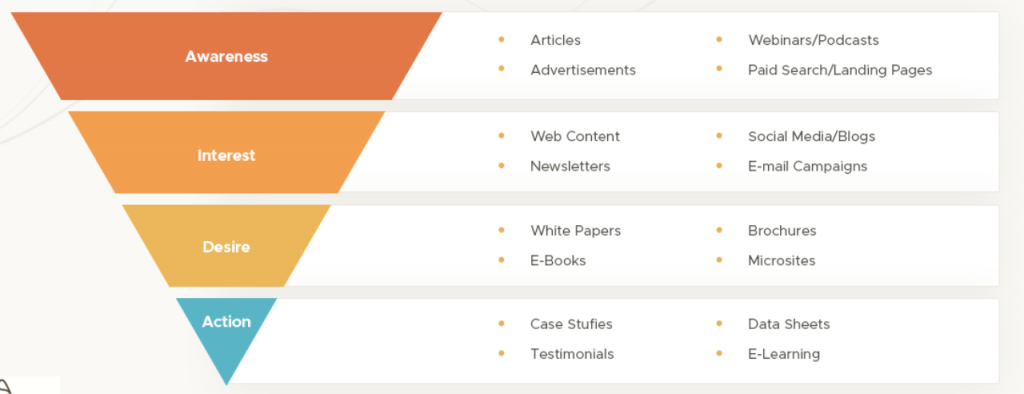Content Marketing
Content marketing is one of the hottests topics within digital marketing, nowadays more than ever. However, due to the popularity of the subject and the evolution of how people consume content, it is increasingly getting difficult to stand out and produce content that performs well.
What is content marketing exactly?
According to the content marketing institute:
Content marketing is a marketing technique of creating and distributing valuable, relevant and consistent content to attract and acquire a clearly defined audience – with the objective of driving profitable customer action.
In simple terms: it is a key marketing practice that every brand needs in order to create quality content that resonates well with their audience and trigger new leads to their website.

